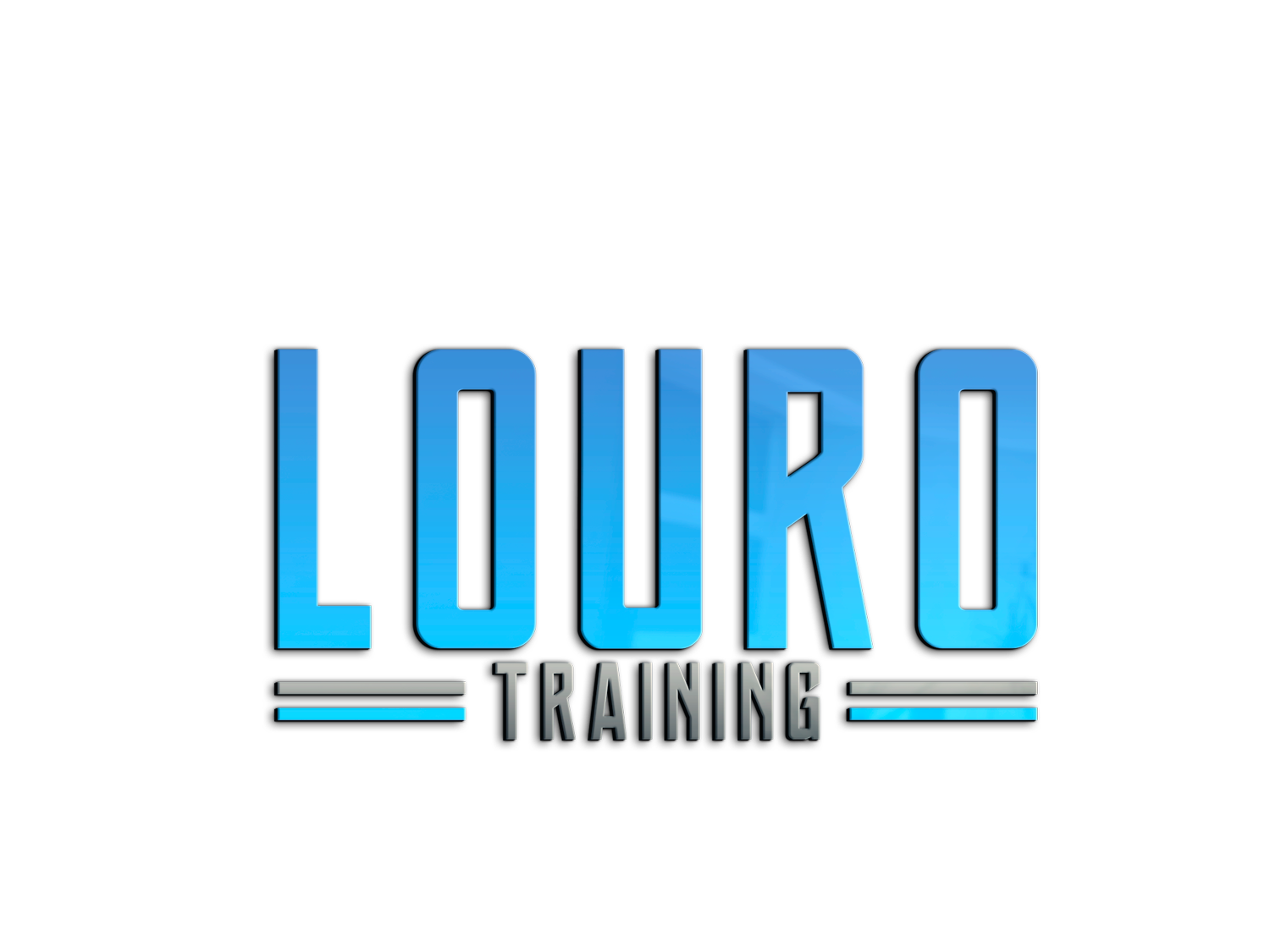Sugar: The Latest Boogeyman In Nutrition
Sugar - it's a word that often comes with a hefty bag of controversy in our diets. In today's health-conscious world, sugar has been vilified, often labeled as the primary culprit in our battle against obesity, diabetes, and other health issues. But is it really as straightforward as it seems? Or is the reality more nuanced?
Understanding Carbohydrates and Sugar
Let's start with the basics. Sugar is a type of carbohydrate, and carbohydrates are a key source of energy for our bodies. So much so, that when we don’t consume any carbs in our diets, our bodies (mainly the liver), through a process called gluconeogenesis, will transform other macronutrients into glucose so we can survive. Yeah, they’re really that essential.
When we look at the data, an interesting narrative unfolds - sugar, when consumed in a calorie-controlled diet, behaves much like any other carbohydrate.
The digestion of carbohydrates, whether from a spoonful of sugar or a slice of whole grain, organic, sprouted bread, follows a similar journey in our bodies. It begins in the mouth, where enzymes like salivary amylase kick-start the process of breaking down complex carbs. As the food travels down the esophagus to the stomach, this process continues, albeit at a slower pace.
In the small intestine, the real action happens. Here, carbs are broken down into glucose, their simplest form, and absorbed into our bloodstream. This process is universal for all carbohydrates, but here’s where refined sugars, like those in candy bars or sodas, differ. They lack fiber, which helps to slow down glucose absorption. The result? A rapid spike in blood sugar levels. Which, if you just performed a strenuous bout of exercise, can be extremely useful for refilling glycogen stores, allowing you to perform optimally for the next workout. If you’re sitting for 12 hours per day and haven’t worked out since Reagan was president, probably best to lay off the simple sugars.
The Societal Boogeyman
Why, then, has sugar become the societal boogeyman? It's human nature to seek clear, straightforward answers to complex issues. Blaming sugar for all our health woes is an oversimplification of a much more intricate story.
Nutrition is rarely black and white. It's a kaleidoscope of greys. Rather than fearing certain foods or macronutrients, our focus should be on understanding how to use them effectively to support our health and fitness goals. Let’s move past the “boogeyman” mentality with knowledge and understanding.
I can’t count the number of times i’ve been told or overheard folks saying that sugar is “poison”. No, it really isn't. Arsenic is poison. Lead is poison. Mercury is poison. Sugar is not. Every single substance can have negative repercussions DEPENDING ON THE DOSE. Water can kill you, at too high of a dose.
Refined Sugars: A Closer Look
That said, there's a valid reason to be mindful of foods high in refined sugars. These foods often pack a lot of calories without delivering essential nutrients. Overconsumption can lead to not only weight gain but also a host of health issues. So, while sugar in itself is not a villain, the form it takes and the quantity in which it's consumed matter.
Incorporating Sugar Healthily
Here's the good news: You don't have to banish sugar from your life. It's about balance and understanding. Moderation is key, and there are ways to enjoy the sweetness without overindulging in refined sugars. Opt for natural sources of sweetness like fruits, or choose complex carbs that provide fiber, aiding in a slower, healthier absorption of glucose. In fact, a several studies have shown that higher fruit intake is directly correlated with increases in weight loss. Eat your damn fruit people! (https://www.sciencedirect.com/science/article/abs/pii/S0899900709003438?via=ihub )
In conclusion, sugar, much like any aspect of nutrition, requires a balanced approach. Understanding its role and effects on the body is crucial. Let's move away from fear-based narratives and towards a more informed and balanced perspective on what we eat.
Remember, the road to health is not about cutting out certain foods or macronutrients; it's about understanding their impacts and making informed choices. Sugar is no exception.
Until Next Time,
Jake Louro
Louro Training
